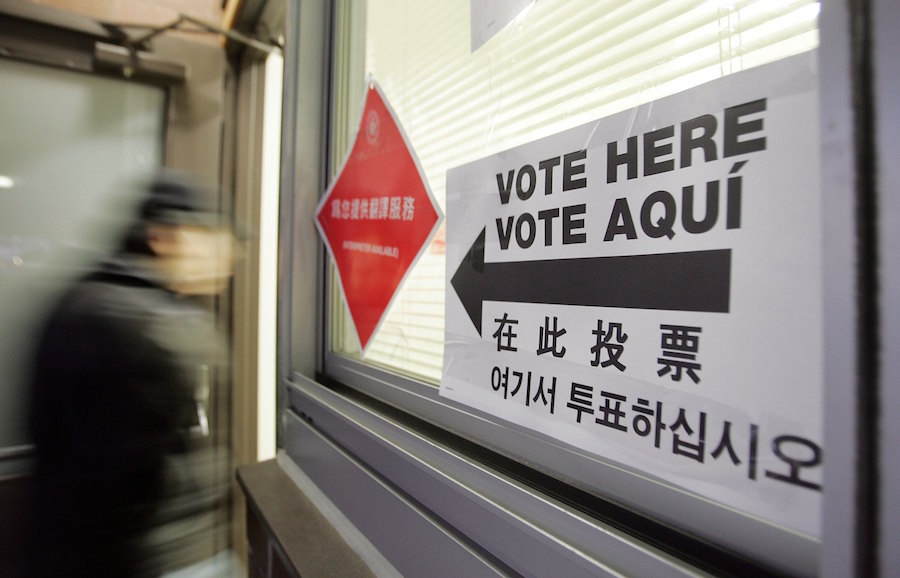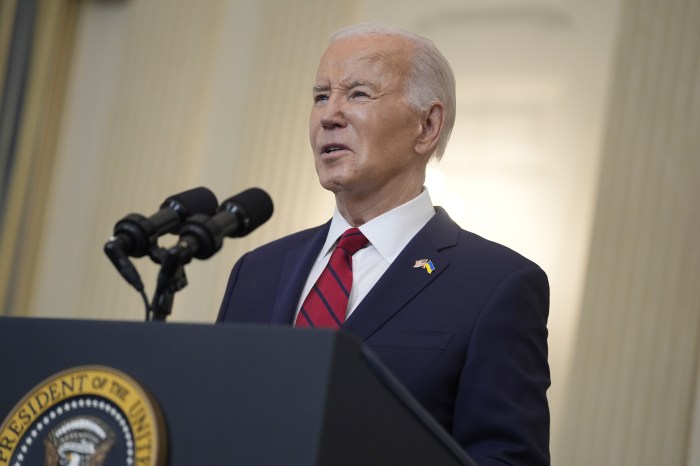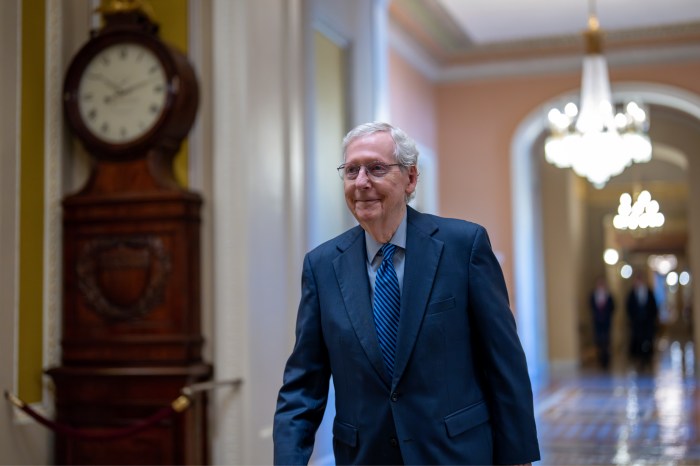As new generations become increasingly involved in politics, heated debates pop up over terms with which you might not be familiar. One that keeps popping up throughout this election cycle and as we head into midterm election season: gerrymandering. But what is gerrymandering anyway?
What is gerrymandering?
Gerrymandering is the practice of setting boundaries for voting districts in a way that benefits one political party over the other. People are upset about it because it’s often done to disenfranchise minority voters and has led to an increase in political polarization.
There are two primary methods of gerrymandering: “Packing” moves supporters of one political party into certain districts to reduce their influence in others; and “cracking” spreads supporters out among several districts, to reduce their voting power overall. This can be done along racial or ethnic lines to dilute the political power of minority groups. Gerrymandering tends to favor incumbents, since the political maps are drawn by the party in power.
Types of gerrymandering
Some political analysts say that extensive gerrymandering is one of the factors behind today’s hyper-polarized political environment, for example, the the rise of the ultraconservative Tea Party or Freedom Caucus. When political districts are “safe” seats for one political party, candidates are less inclined to compromise with the opposing party and tend to become more extreme. This affects day-to-day Washington, even outside of election cycles: Mainstream Republican politicians have felt increasing pressure to express ideologically pure views for fear of being “primaried out” of their districts by candidates who are more conservative.
Gerrymandering and Trump
Former President Obama has expressed a desire to end gerrymandering, supporting the National Democratic Redistricting Committee, which is charged with pushing back against unfair Republican redistricting efforts.
Donald Trump’s pick to run the 2020 Census has defended racially based gerrymandering. Thomas Brunell will be appointed deputy director of the U.S. Census Bureau and put in charge of the efforts to count every person in America. He has no government experience, has provided testimony supporting Republican redistricting cases and wrote the 2008 book “Redistricting and Representation: Why Competitive Elections Are Bad for America.” He argues that packing minority voters into certain districts ensures their voices are heard. His defense of North Carolina’s Congressional districts along those lines were struck down by a court in 2017, which said he had a “misunderstanding” of the Voting Rights Act.



















